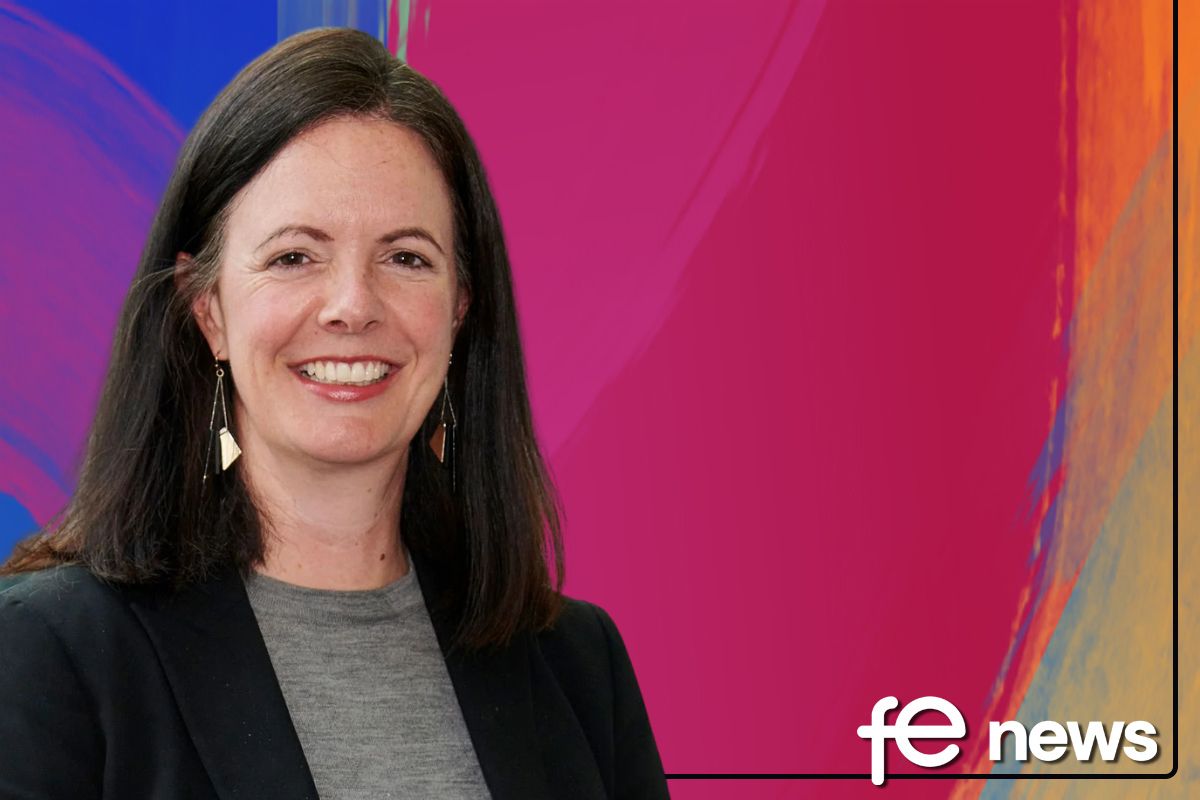EBacc belongs in the past, not post-Brexit Britain

As any charity Chief Exec will tell you, a large part of the job is looking ahead and planning. Budgets, investments, campaigns, events, staffing – there is a calendar, a planner and a timescale for everything.
So something like an unscheduled General Election can frustratingly impact on planned work – was anyone else planning to launch a new policy report on 8 June? – but it can also provide an opportunity. Not surprisingly, the auditory skills of sitting MPs and parliamentary candidates alike tend to become more acute when the ballot boxes are dusted off, so this can be a good time to press for change.
Edge has pounced on Theresa May’s surprise announcement, and we are focusing our efforts on gathering support for a fundamental change to our school curriculum, which we believe would deliver most impact and benefit for young people, employers and the UK economy. A change to the current narrow curriculum for 14-16 year olds set out in the EBacc.
Those of us in the education sector will be aware of the failure to publish the results of the consultation on the government’s 90% target which was launched almost 18 months ago. Despite its ambition, last year, only 40% of young people were entered for the EBacc.
Why change the EBacc?
The Toby Young school of thought rightly asserts that regardless of background, all young people should have the opportunity to excel in academic subjects – although it often assumes that academic attainment only comes from a pedagogy reliant on rote learning and a knowledge-based approach. This leaves no space for young people to find their talent and excel in technical and creative subjects – and yet we all surely want our children to be more than a collection of the academic grades they can rack up.
Of course we all want to be ambitious for our children, no matter where their talents lie, but the reality is even starker for lower attaining students – who are more likely to come from the most disadvantaged backgrounds. Rather than enabling them to achieve more, the EBacc is setting them up to fail.
Students at Toby Young’s free school are able to take art and design subjects and computer science alongside their EBacc, and benefit from a rounder and richer education because of it. However, for the many young people who will only be entered for six or seven GCSEs, they are limited to the core academic EBacc subjects; there is no room for any creative or technical subjects.
I have no doubt that Toby Young would suggest that if they attended the West London Free School, these low-attainers would secure good grades across all the EBacc subjects, but if this were so, why are less than 25% of pupils entered for the EBacc actually achieving it?
Perhaps most importantly, we are denying young people the opportunity to learn and become immersed in subjects they may love; as we all know in adult life, but seem to forget when it comes to school, the things we love are usually the things we are most motivated in and best at. I never enjoyed Latin and consequently didn’t develop any aptitude for it. How much more productive and beneficial it would have been if I could have studied Design & Technology instead!
Feeling the impact already
On the ground, teachers tell us that the EBacc’s narrow academic diet is leading many students to disengage from school and learning altogether and numbers taking creative and technical subjects is declining. Between 2015 and 2016, entries for Design and Technology GCSE dropped by 10% and art and design by 5%. The worrying consequence is that teachers are losing their posts and schools have no capacity for these subjects.
Of course we might question why creative and technical subjects are important. Surely geography or a foreign language are far more valuable to establish a successful and rewarding career? Of course these subjects are valuable and everyone should have a knowledge of our common heritage, but at the core of this issue is the assumption that they have a greater value. In fact, knowledge of a computer language now has greater currency than knowledge of a foreign language. The 21st reality is that a curriculum designed in 1904 is not fit for purpose.
However much Toby Young, Michael Gove and their gang might dislike it, our digital economy is demanding people with technical skills, creative minds and the ‘soft skills’ which are so easily disparaged by lovers of the EBacc. Don’t take my word for it – ask the UK’s biggest employers.
As we move towards our departure from the European Union, building a broad UK skills base is more important than ever. Including creative and technical subjects in our core curriculum is not a ‘nice to have’, but critical to bridging the skills gap by teaching aptitudes and abilities such as resourcefulness; creativity; agile thinking; good communication; these are the skills which will drive the post-Brexit UK economy. Which is certainly an election issue.
Alice Barnard, Chief Executive of Edge
A Department for Education spokesperson said (17 July 2017):
The EBacc is a key part of our drive to extend opportunity for all and is already helping children, particularly those from disadvantaged backgrounds, to benefit from a rigorous education. It is designed to keep pupils’ options open for future study and employment.
There is no evidence that entries in arts subjects have declined as a direct result of the introduction of the EBacc performance measure. Since the EBacc was announced, the proportion of pupils in state funded schools taking at least one arts subject has increased from 45.8% in 2011 to 48% in 2016.











Responses